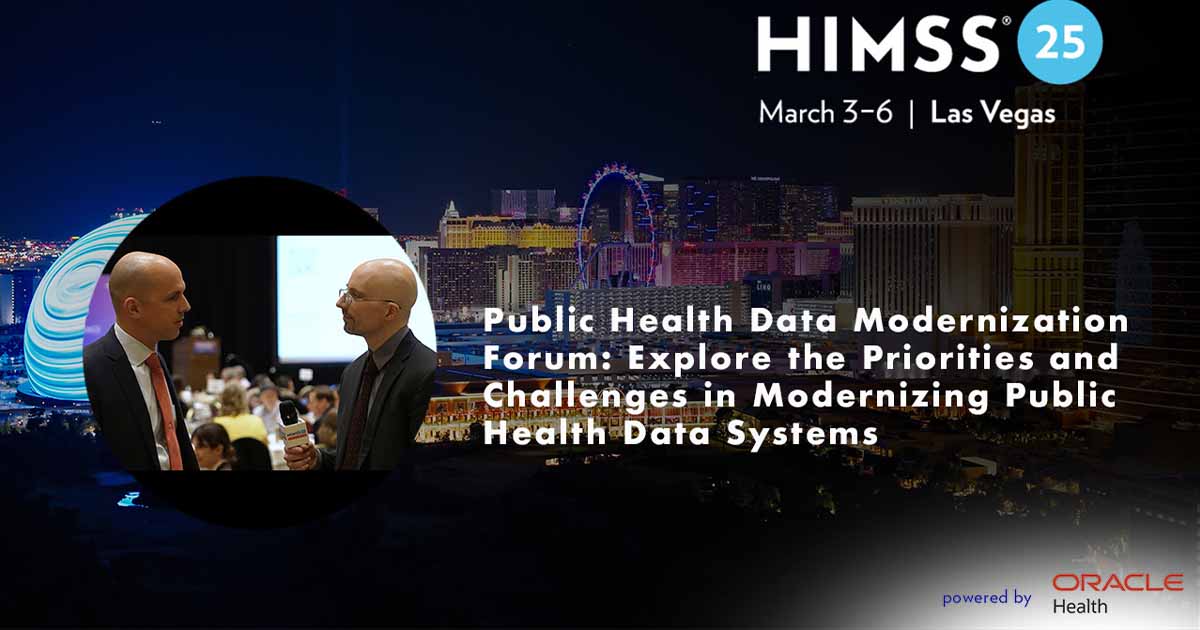Interoperability
Health systems, historically wary of making patient data available to payers, have gradually overcome that hesitation due to the positive impact data sharing has had on patient care and outcomes, says PointClickCare's Brian Drozdowicz.
SPONSORED
Endoscopy plays a critical role in early cancer detection and avoiding open surgery. But a combination of overburdened healthcare staff and fragmented workflows means endoscopy departments need greater interoperability to improve patient outcomes.
Caroline Zago, healthcare informatics leader for Latin America at Philips, says the company leverages AI and machine learning to streamline workflows, make data easier for patients to understand and elevate care quality.
Teresa Sacchetta, healthcare director at InterSystems Brazil, says the company's tools support health systems with government regulations compliance, including ensuring that patients consent to sharing their data.
SPONSORED
How can nursing leadership best shape the future of healthcare? With a shrinking workforce and growing incidents of workplace violence, what can we do right now to solve the challenges of today before they become the crises of tomorrow? What are the opportunities with emerging technology and AI to manage clinical outcomes and operational excellence?
Health IT leaders at the recent HIMSS25 Public Health Data Modernization Forum said pushing for more data, and more data exchange, is essential to keeping pace with a fast-evolving healthcare industry.
Dr. Steven Lane, chief medical officer at Health Gorilla and a HIMSS25 Changemaker Award recipient, says that, even as progress has been made for interoperability over the past 10 years, broader data sharing through TEFCA is still in its early stages.







